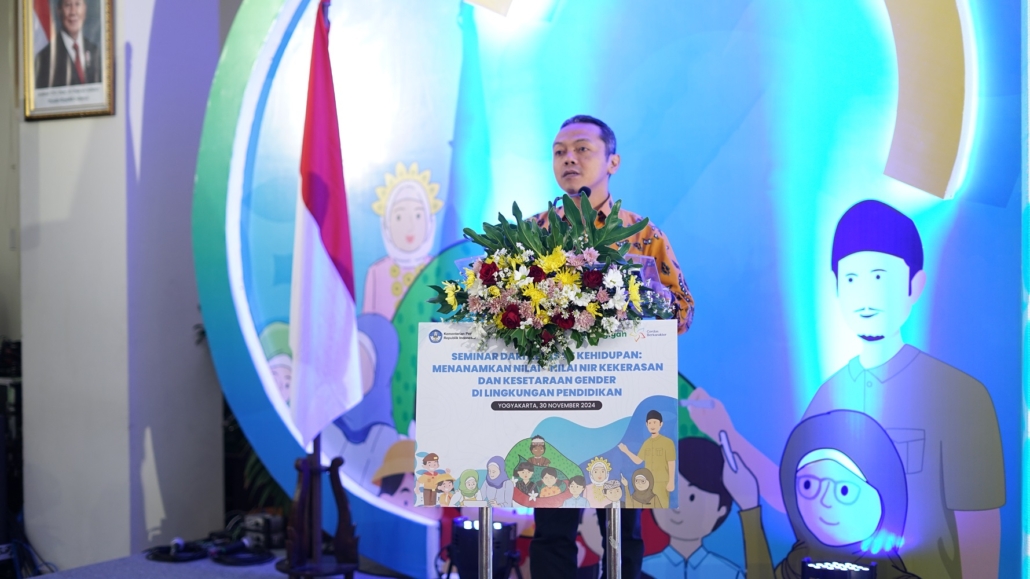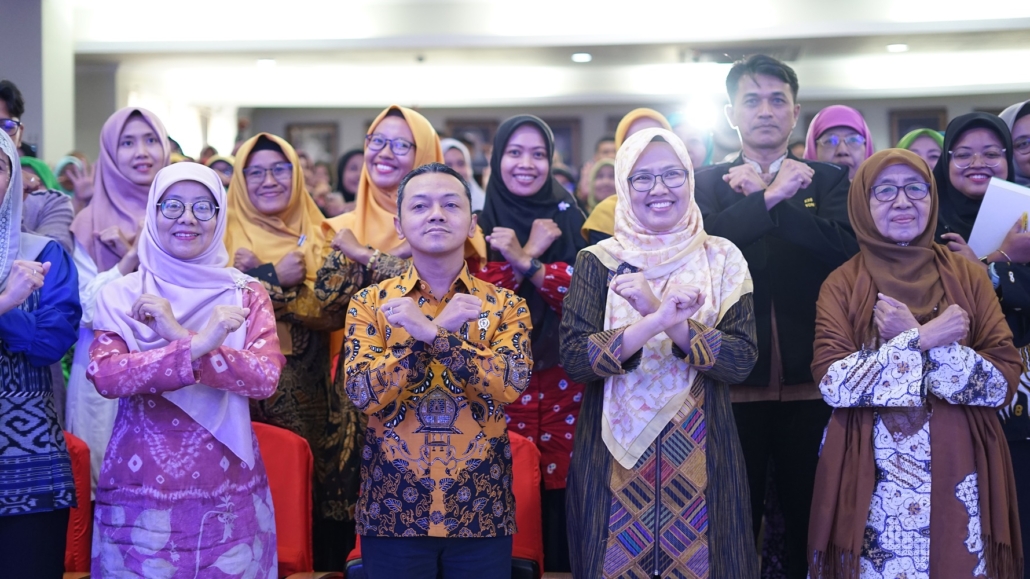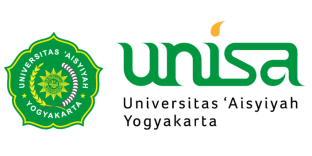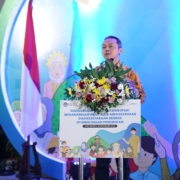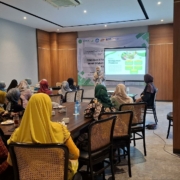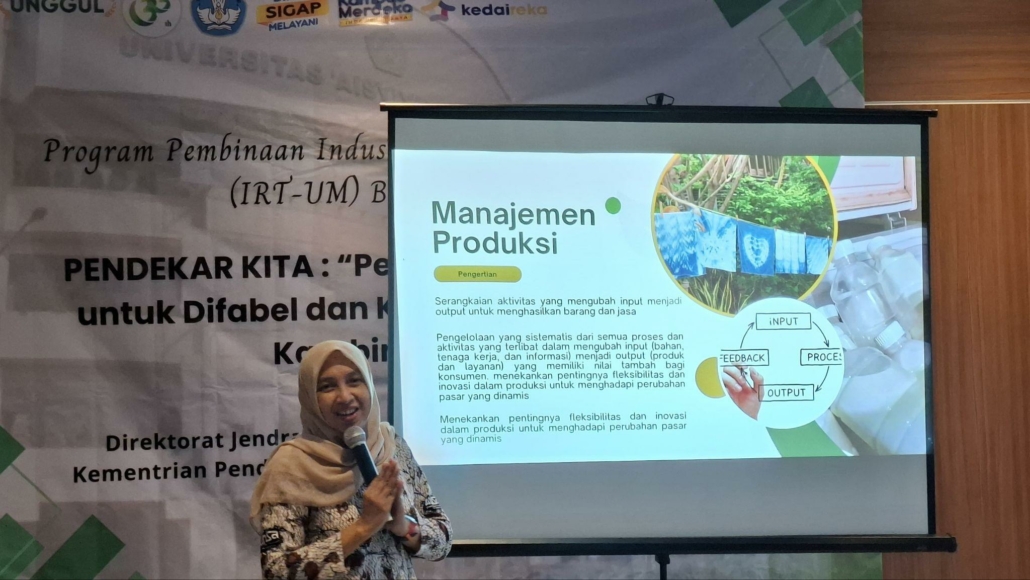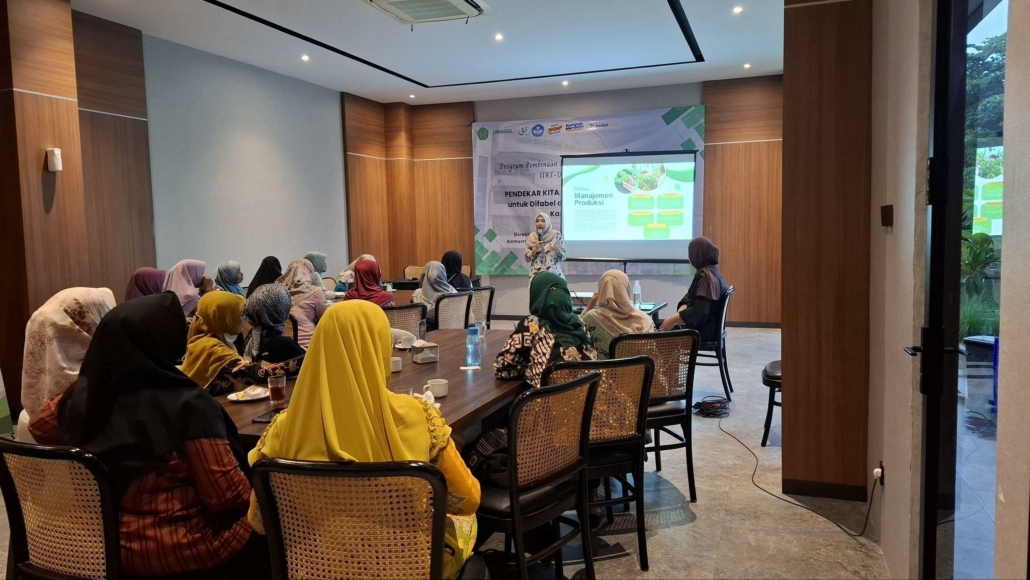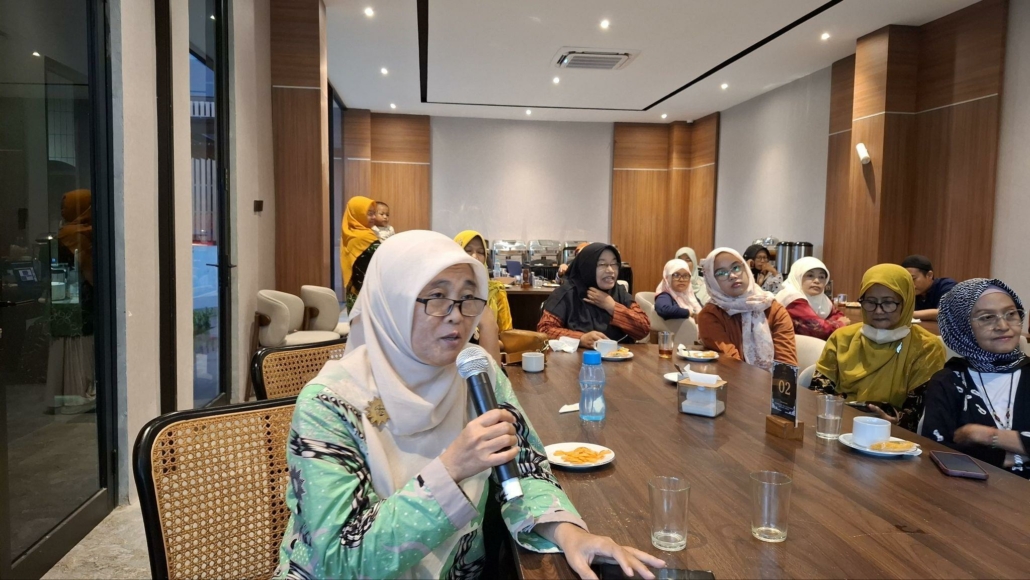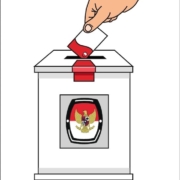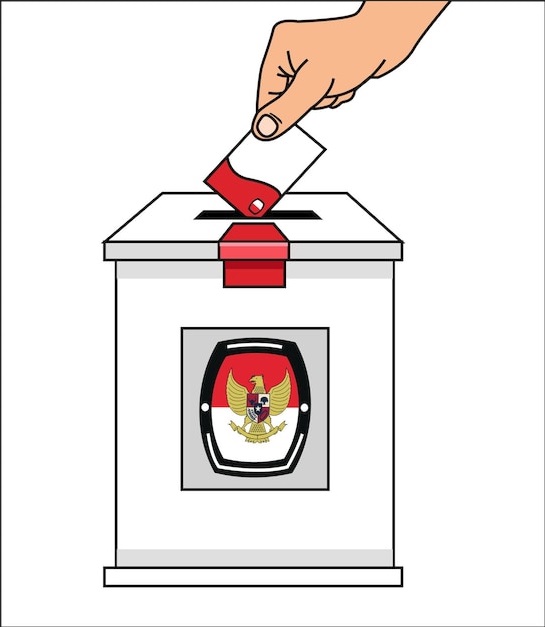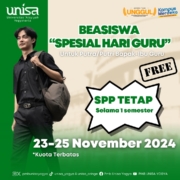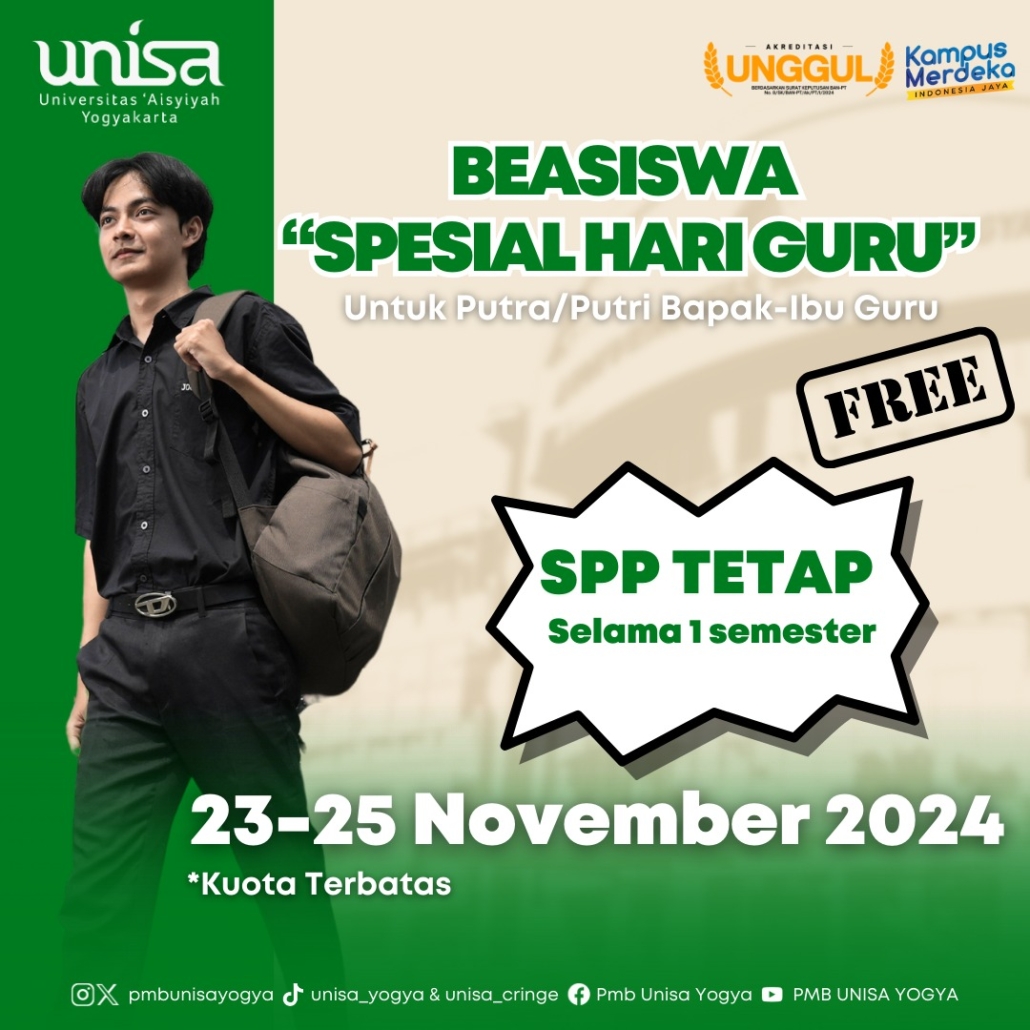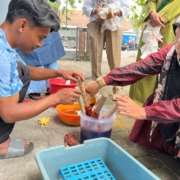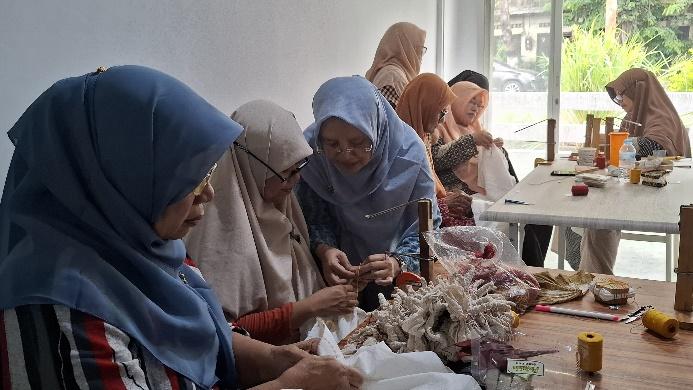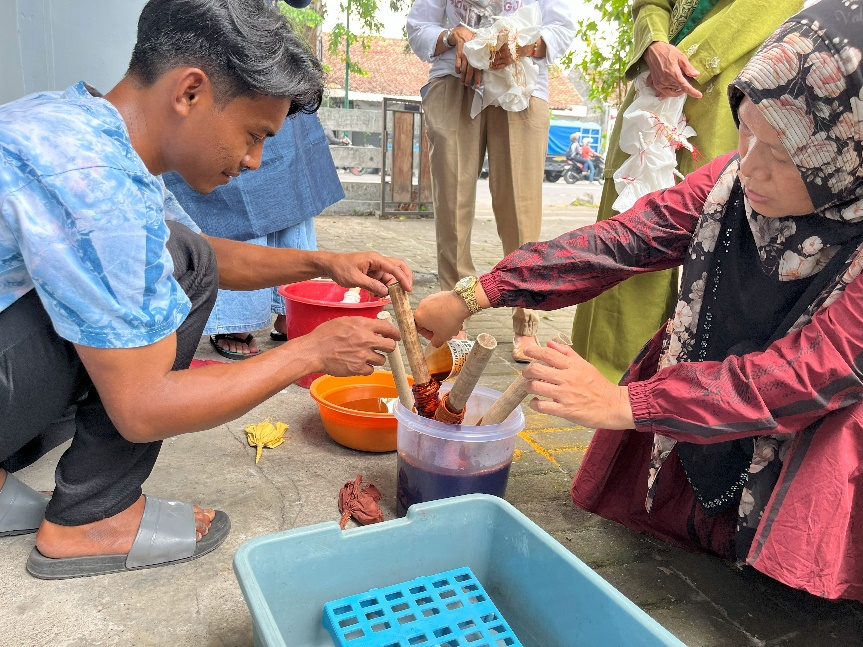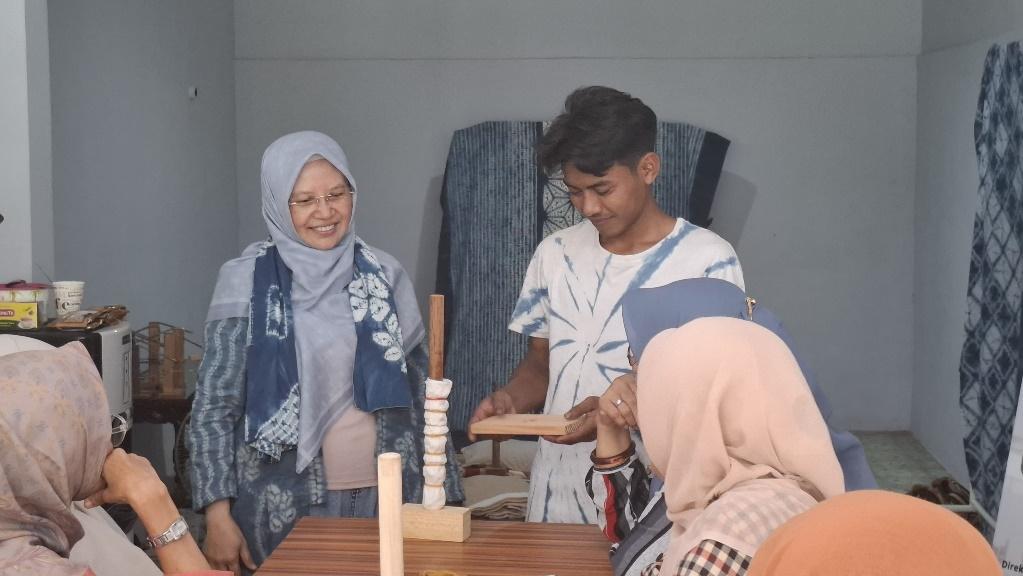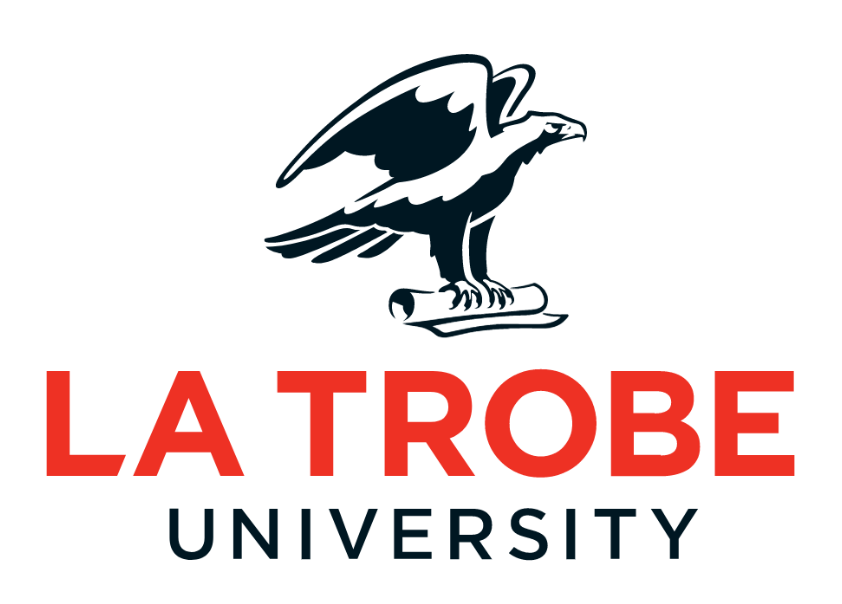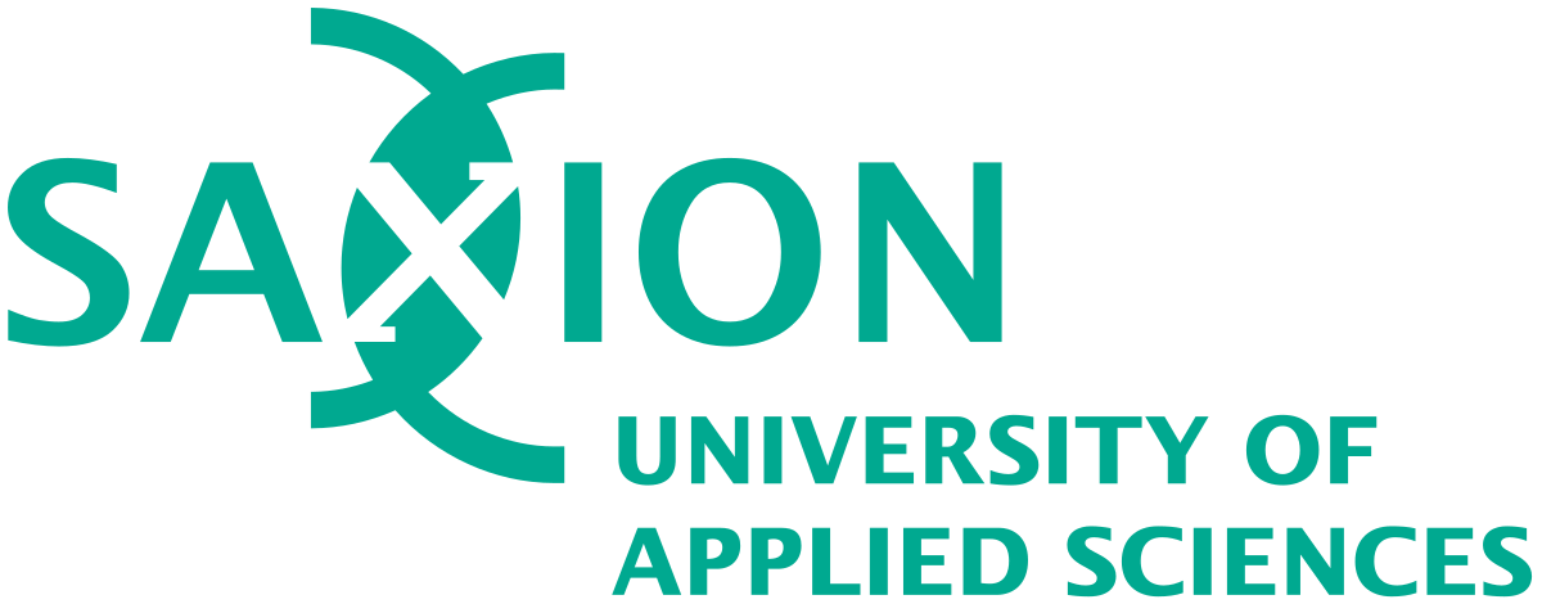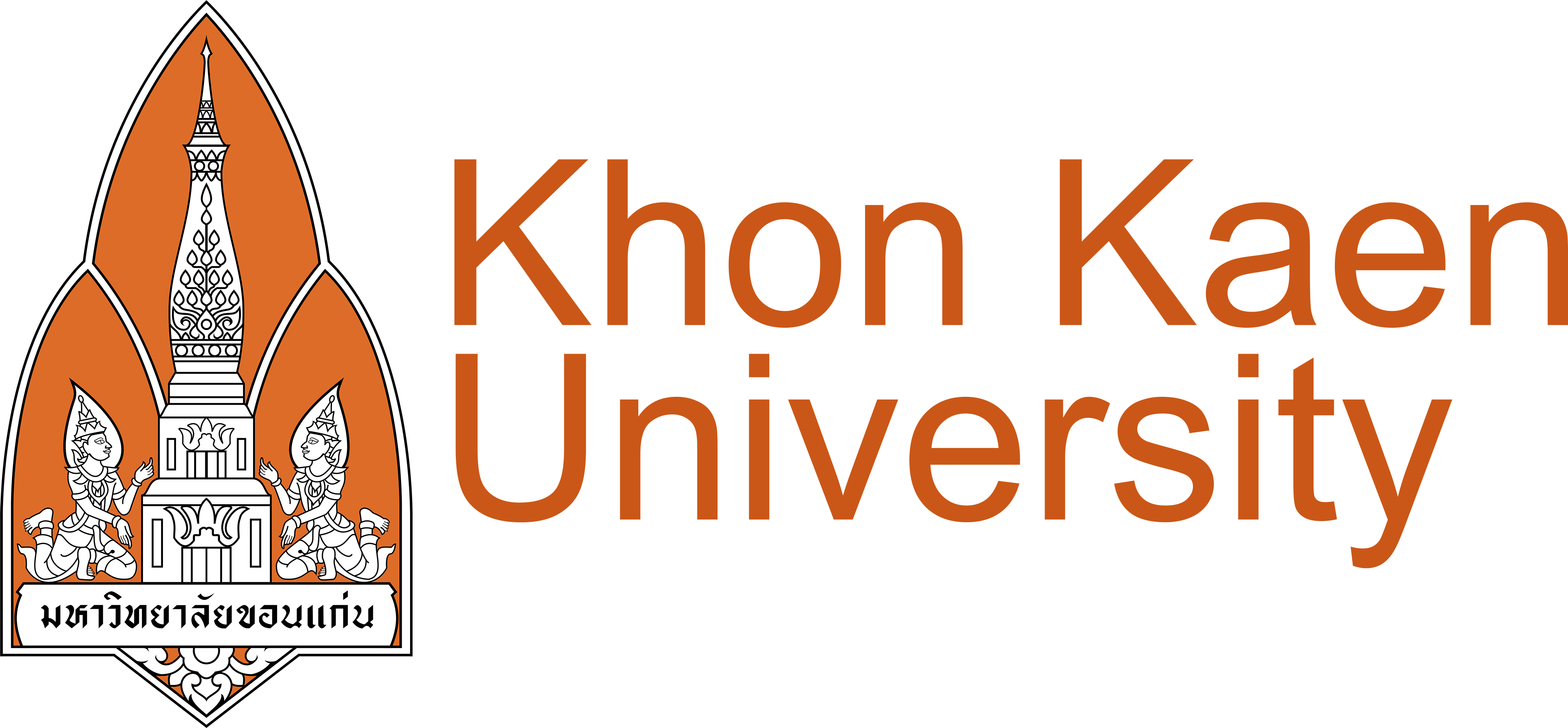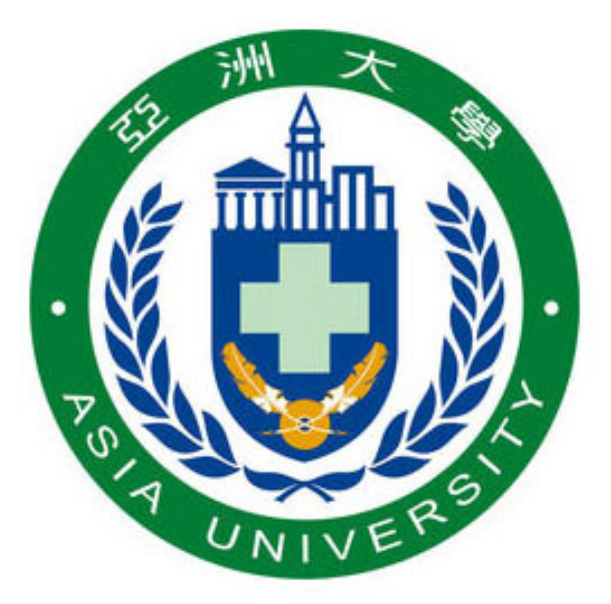Deputy Minister of Primary and Secondary Education of the Republic of Indonesia (Wamendikdasmen RI), Dr. Fajar Riza Ul Haq, S.Hi., M.A., reminded that the challenges in the world of education are increasingly complex. One of these challenges is inseparable from technological developments that can trigger violence due to negative content.
Fajar said that cellphones have become a new problem in education. He revealed that many children, once they wake up from sleep, immediately look for their gadgets. Moreover, smartphones are no longer a luxury item today, everyone can have one.
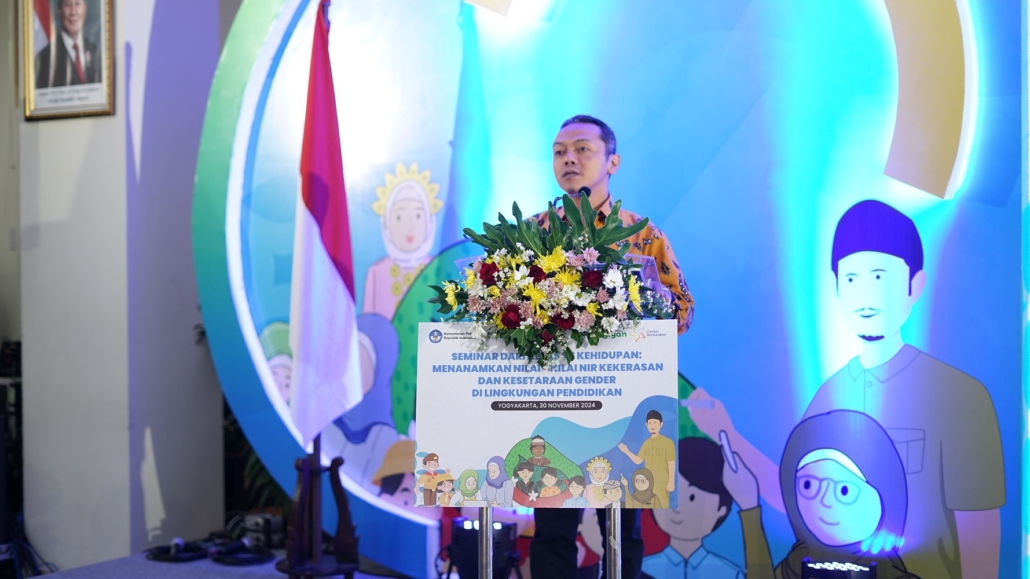
“So a new problem for education, dependence on gadgets. Even though the logic is that if children hold gadgets, there is no direct correlation to the addition of children’s knowledge, if there is no assistance,” said Fajar, during the Seminar from Class to Life: Instilling Values of Non-Violence and Gender Equality in the Educational Environment, at Baroroh Baried Hall, Siti Walidah Building, University of ‘Aisyiyah (UNISA) Yogyakarta, Saturday (30/11/2024).
Negative exposure from social media and often watched by children can make children have poor character. One of the current issues is the problem of violence. According to Fajar, in the issue of violence, it is not only schools or teachers who take a role, but also parents and the community must take a role in preventing violence.
“To overcome the vicious cycle of violence, there must be good communication between children, teachers, families and society. There is a committee but it is not optimal, cases of violence lead to police reports, due to differences in perceptions of teachers and parents, such as what the limits of discipline are,” said Fajar.
Fajar said that the Ministry of Primary and Secondary Education had coordinated with the Police some time ago to minimize legal cases and prioritize restorative justice if there are problems in the school environment. This is to protect children’s rights and teachers’ rights.
Fajar did not deny that in some areas there are still teachers who discipline quite harshly. Teachers think that if they do not discipline hard, they will not succeed in educating students. He also invited to shift that view. “Times are changing, the paradigm must shift. Responding to violence, two sides are protected from teachers and students. The limits of discipline must be clear and communicated with parents,” said Fajar.
Fajar also invited to shift the view of schooling to learning. Schooling is limited by space, infrastructure and time. While learning is a learning process. “Education essentially builds humanity, builds character. This is a long process,” he said.
Rector of UNISA Yogyakarta, Dr. Warsiti, S.Kp., M.Kep., Sp.Mat said the seminar on the issue of violence was very important. “Violent incidents have stalked the educational environment, not only basic education. We higher education also make efforts to minimize it. Of course we can’t work alone,” said Warsiti.
Warsiti said to minimize the issue of violence, educational institutions or teachers cannot do it alone. It needs the participation of various parties, from the school environment to the wider community. “It needs collaboration, synergy also with the family,” said Warsiti.
Head of the Character Strengthening Center of the Ministry of Primary and Secondary Education, Rusprita Putri Utama, S.E., M.A., said that based on data presented by the Ministry of Women’s Empowerment and Child Protection (KPPPA) through the Online Information System for the Protection of Women and Children (Simfoni) in 2024, the issue of violence is increasingly emphasized. In that period, there were 763 reports of violence in the educational environment involving more than 10,000 child victims.
“This reality illustrates the urgency of providing more effective and sustainable protection for children in the educational environment. The increasing phenomenon of violence shows the need for a more holistic approach in handling and preventing violence, especially in shaping the character of the younger generation,” said Rusprita.
One of the factors that is strongly suspected of influencing the high rate of violence is the weakness of character education at various levels of society. When individuals are not equipped with moral and ethical values from an early age, they often have difficulty in managing emotions and resolving conflicts without violence. “Therefore, the Ministry of Primary and Secondary Education has a very important role in strengthening character education in schools, as an effort to form a golden generation of Indonesians who behave well, have empathy, respect differences, and are able to communicate positively,” Rusprita said.
Chairperson of PP ‘Aisyiyah, Dr. apt. Salmah Orbayinah, M.Kes said that Muhammadiyah and ‘Aisyiyah have been taking a role in shaping children’s character. This has been done since education in kindergarten. It is hoped that early character education will form good character. “The hope is that a quality generation will be born, have good character and support the golden generation. To create the golden generation of 2045. Surely this seminar can be strengthened again by strengthening children’s character,” he said.
Tags: aisyiyah, banggamenjadiunisa, beunisa, unisayogya
